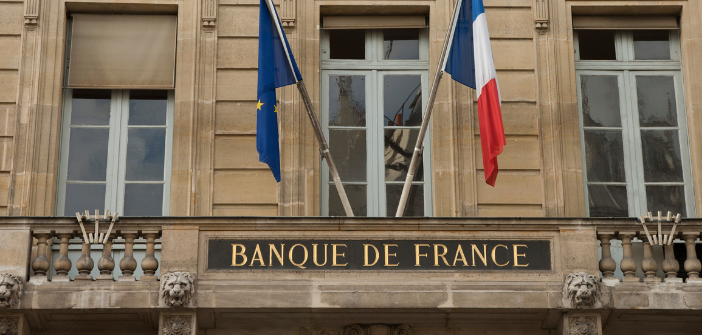The negative shocks of the conflict on the French economy are threefold: an increase in energy and raw material prices, a reduction in consumption and investment, as well as a decrease in the demand directed at France, which will affect foreign trade, according to the Bank of France.
The growth of the French economy is expected to be reduced in 2022 by 0.5 to 1.1 percentage points due to the war in Ukraine, which will also cause more inflation, according to two scenarios presented by the Bank of France.
The French gross domestic product (GDP) will grow by 3.4% in 2022 if the average oil price for the year is $93, but only by 2.8% if this price reaches $119, said the central bank, which indicated that without the war, it would have raised its growth forecast from 3.6% to 3.9%.
For 2023 and 2024, the Bank of France predicts that growth, which is still benefiting this year from a strong start of the year, will decrease to 2% and then to 1.4% in the first scenario called “conventional,” and to 1.3% and then to 1.1% in the second scenario called “degraded.”
The consequences of the war will also be felt on the harmonized index of consumer prices (HICP), which is expected to reach 3.7% this year, according to the first scenario, and 4.4% according to the second.
The central bank now forecasts that inflation will decrease to 1.9% in 2023 and then to 1.7% in the conventional scenario, but it will remain at a high level with 3.3% next year before falling to 1.5% in 2024 in the so-called “degraded” scenario.


